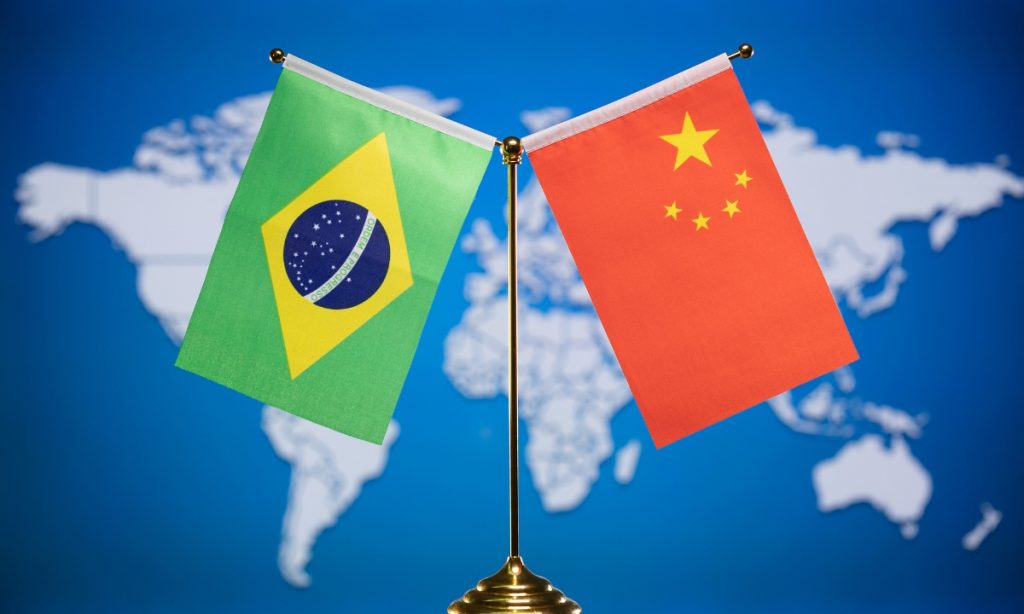China and Brazil highly complementary in boosting agricultural productivity, competitiveness: business representative

China will play an important role in the key sectors such as logistics in helping Brazil to increase its agricultural productivity and competitiveness, Henry Osvald, president of the Brazilian Association for Industry, Commerce and Innovation in China (BraCham), told the Global Times, extending his expectations for deepening cooperation between the world's two agricultural powers.
The remarks were made as Chinese agricultural companies such as Yuan Longping High-Tech Agriculture Co and Syngenta have beefed up collaboration with their Brazilian counterparts with measures such as mergers and acquisitions. The efforts were made for better securing and diversifying food supplies, particularly soybean.
As part of recent efforts to deepen cooperation, Chinese companies such as Syngenta and Yuan Longping High-Tech Agriculture Co have made their moves this year in lining up to acquire stakes in Brazilian seed companies, according to jiemian.com .
The recent moves by the Chinese companies once again confirm that "China trusts Brazilian agricultural products to feed its population and expanding investment in Brazil makes a lot more sense," Osvald said.
Among China's major sources of agricultural imports, Brazil maintained its first rank in 2023 while further expanding the gap with the second placed US, according to a report released by China's Ministry of Agriculture and Rural Affairs.
Data show that Brazil exported $58.618 billion of agricultural products to China in 2023, accounting for 24.85 percent of China's overall agricultural imports, compared with 13.96 percent of the US.
The strong momentum of China-Brazil agricultural trade is mainly due to factors such as the increase in Brazilian soybean exports to China, the official opening of the Brazilian corn export corridor to China last year, and China's first bulk ship import of corn from Brazil, Zhang Weiqi, director of the Brazil Research Center under the Shanghai International Studies University, told the Global Times.
The lingering China-US trade frictions were also a reason that prompts Chinese traders to shift from US suppliers to other sources, according to Zhang.
China and Brazil share high complementarities and potential in agricultural cooperation.
On the one hand, Brazil is one of the countries with the most advanced technologies in soil and grain. By investing in seed companies, China will not only secure the supply of grains, but also acquire some technology which can be applied locally, Osvald said.
On the other hand China can also share equipment and technology with Brazil to boost production and help the country to be more competitive, the president said.
Brazil has one of the largest agricultural lands in the world and still a lot to be expanded. We say that Brazil is the agricultural country and we are quite confident that will keep feeding the world, Osvald said.
"A lot is being done to increase productivity and competitiveness and China will also play an important role especially on the logistics side, as there are already some large Chinese players investing on railway projects in Brazil to reduce transportation costs and lead-time of agricultural products," Osvald said.
This year marks the 50th anniversary of the establishment of diplomatic relations between China and Brazil.
It is expected that both nations will seize this opportunity to elevate bilateral cooperation, setting an example for collaboration between China and Latin American countries, as well as promoting South-South cooperation, Zhang said.